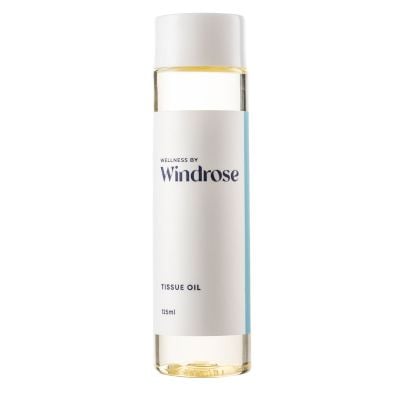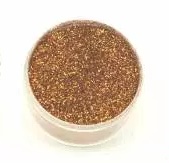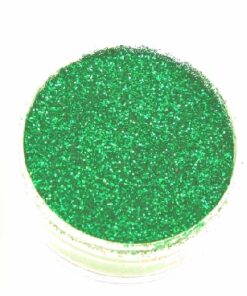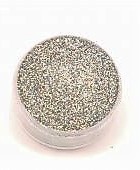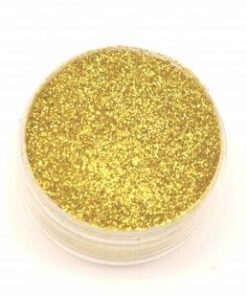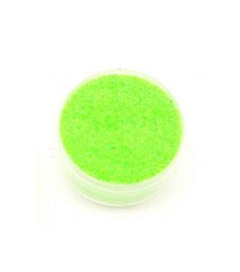Tissue Oil – 125ml
R89,00
Tissue Oil – 125ml – offers a natural and effective solution for improving skin texture and appearance. Thanks to its unique blend of nourishing oils
16 in stock
Tissue Oil – 125ml
What is Tissue Oil?
Tissue Oil is a specially formulated blend of natural oils designed to improve the appearance and texture of the skin. It is widely used to reduce the visibility of scars, stretch marks, and uneven skin tone. Because of its lightweight texture and deep absorption, Tissue Oil penetrates skin layers effectively, providing nourishment and promoting skin regeneration.
Key Benefits of Tissue Oil
Tissue Oil combines several active ingredients that work synergistically to heal and soften the skin. Its blend of vitamins and antioxidants supports skin elasticity and helps restore smoothness. Moreover, it calms irritation and accelerates the fading of blemishes.
-
Reduces the appearance of scars and stretch marks
-
Evens out skin tone and texture
-
Supports skin hydration and elasticity
-
Soothes irritated and sensitive skin
-
Promotes natural skin regeneration
-
Suitable for all skin types
Why Use Tissue Oil in Your Skincare Routine?
Tissue Oil’s powerful combination of oils makes it ideal for daily skincare. In addition, it enhances the effects of other moisturizing products by improving skin absorption. Its non-greasy finish ensures comfort throughout the day, while its rich nutrients support long-term skin health.
-
Perfect for use after sun exposure or skin treatments
-
Ideal for stretch mark prevention during pregnancy
-
Supports post-surgical or injury scar care
-
Can be used on the face, body, and delicate areas
-
Easily incorporated into lotions, serums, and massage oils
Common Applications of Tissue Oil
Due to its versatile nature, Tissue Oil is popular in many personal care products and routines:
-
Scar and stretch mark treatments
-
Daily moisturizing oils
-
Massage blends for skin repair
-
After-sun soothing oils
-
Pre and post-pregnancy skincare
Final Thoughts
Tissue Oil offers a natural and effective solution for improving skin texture and appearance. Thanks to its unique blend of nourishing oils and antioxidants, it promotes healing and rejuvenation. Whether you want to reduce scars or maintain smooth, hydrated skin, Tissue Oil delivers reliable results with consistent use.
| Weight | 0,300 kg |
|---|---|
| Dimensions | 9 × 9 × 15 cm |

